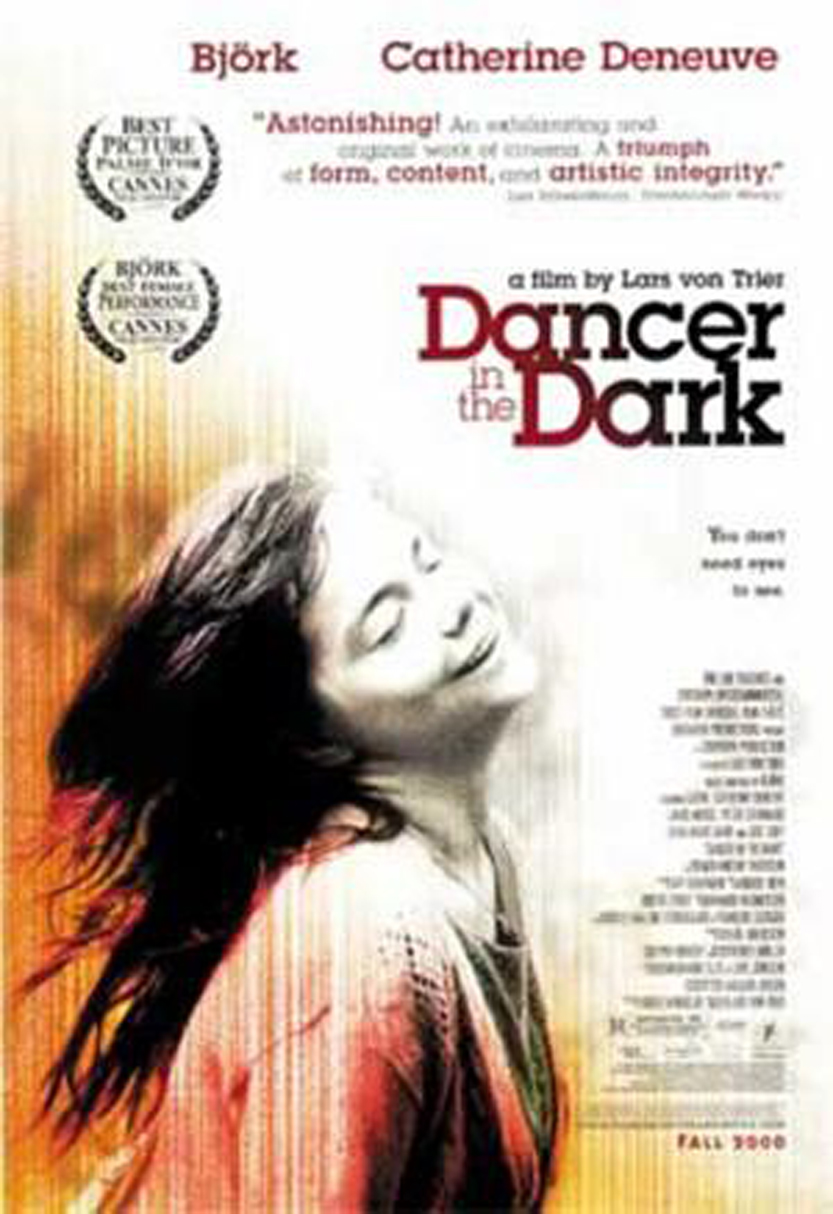
In class we watched the movie "The Thing". This movie is on my top ten list of favorite movies mainly for its special effects and unsettling moments of mistrust and isolation. In class we discussed how the monster could be a representation of a woman. In the reading for class, it talked about how we fear women for their ability to give birth. This seems to be representative of the monster in the movie because of its ability to infect people and spawn new beings. Granted it isn't actually birth, it does simulate birth to sense where new beings are spawned. what happens is when the monster infects someone with its flesh, it becomes its own being. Each part becomes aware of itself and longs for survival. This is described by the character of Magready.
Another instance of the monster being a woman is its "seduction" methods. This seduction is achieved through the form of mimicking another being. With the cast being all male, it can be theorized that the monster is more feminine, luring or "seducing" them into a false sense of security, only for them to be taken or
infected.
In the comic book, the monster is depicted quite differently than the movie; one picture is seen to be in the form of a vaginal shaped entity. This depiction is a more obvious reference to females than the actual movie.
On another thought, with the fact of the movie being an all male cast, one would think that it would be full of hard-assed tough as nails guys that shoot first and ask questions later. Instead we get a cold intense horror of the unknown and the mistrust among the men. It definitely does provoke a thought as to which is scarier, the actual monster itself, or imagining yourself in a situation that consisted of isolation, mistrust, abandonment, false security, and above all. . . the unknown.



